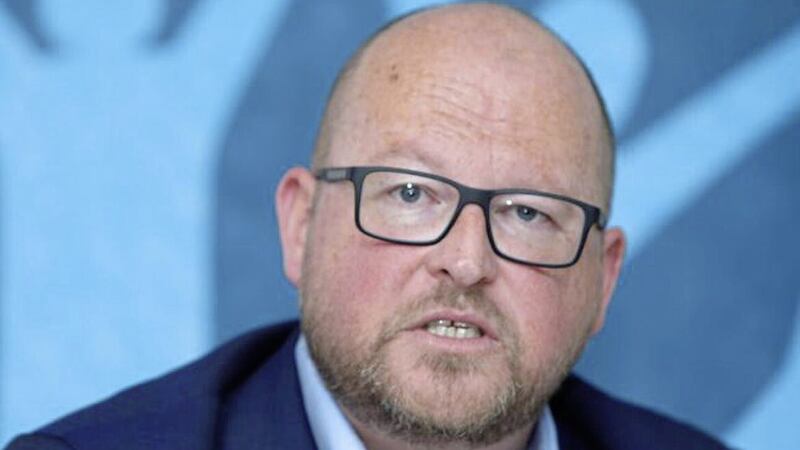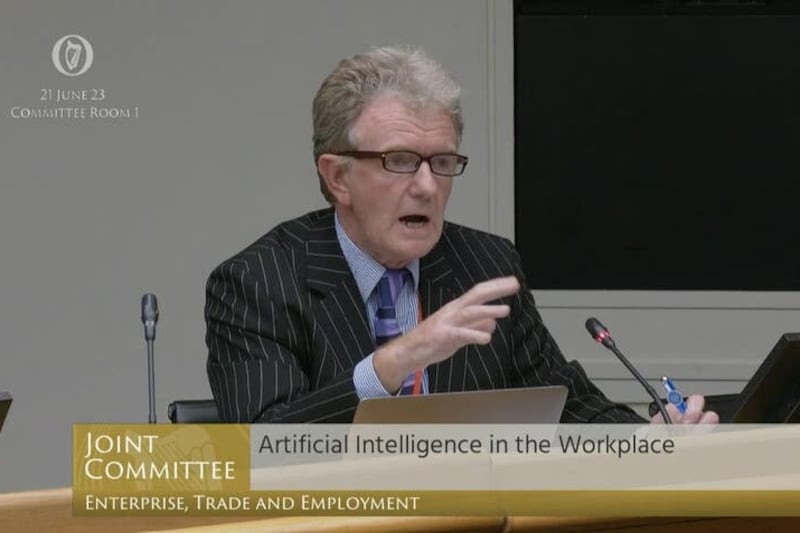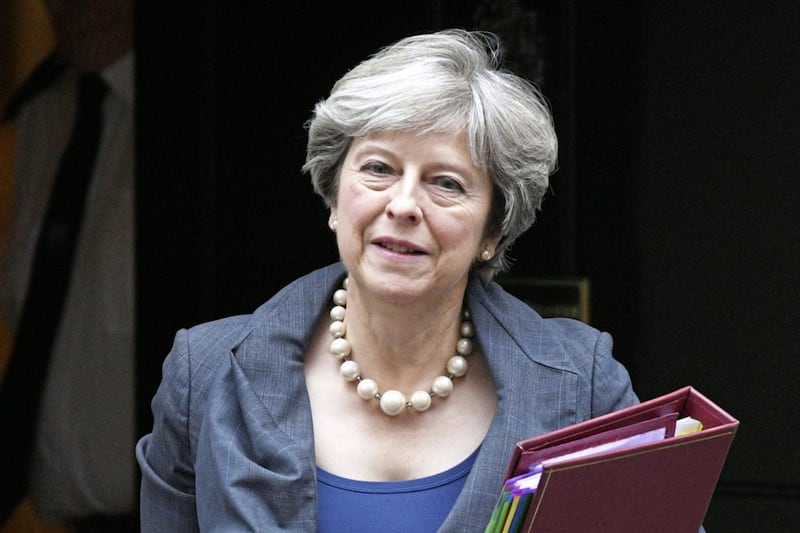A SENIOR trade unionist has warned that an escalation of industrial unrest is "inevitable" in the new year with Stormont departments' proposed pay settlements expected to fall well short of soaring inflation levels.
Owen Reidy, general secretary of the Irish Congress of Trade Unions, said there is an "unprecedented level of frustration and anger" among civil servants, health workers and council employees, stemming from a combination poor pay and under investment in services.
"There probably isn't a single public servant in Northern Ireland that isn't considering industrial action," he told The Irish News.
Mr Reidy was speaking after the Department of Finance this week issued guidance to officials overseeing pay settlements. Fresh legislation gives senior civil servants the authority to make pay awards for this year, however, they have been advised that any settlements must be within the constraints of the budget set out by Secretary of State Chris Heaton-Harris last month.
On Thursday, the Department of Health announced workers would receive a wage increase in line with a UK-wide pay body's recommendations.
However, trade unions said the minimum increase of £1,400 a year for staff and an additional 4.5 per cent for doctors and dentists was not enough to avoid further industrial action.
The Department of Finance also signalled that a civil service pay award that former finance minister Conor Murphy had recommended in October was unaffordable.
Mr Murphy said that if an executive was in place he would have recommended a pay deal worth £1,900 to the most junior grades, £1,400 to middle grades and £1,000 to senior officials.
However, an anticipated £30m of additional money to fund the increase was not forthcoming in Mr Heaton-Harris's recent budget.
Mr Reidy described this week's pay award to health workers as "too little too late" and said most public sector unions were now in the process of balloting their members on strike action.
Health workers represented by Unison are due to strike on Monday, while the Royal College of Nursing is staging two days of UK-wide strikes starting on Thursday. Nipsa has said around 10,000 members, mainly comprised of administrative and social worker roles, are involved in “indefinite” action short of strike action.
The ICTU general secretary said the present disgruntlement around pay settlements was "in the context of 10-12 years of pretty much austerity" in which public sector workers received "below inflation pay increases and pay freezes".
"I think you're seeing a wave of frustration and anger like never before – there probably isn't a public servant in Northern Ireland that isn't considering industrial action, and I think that says something that that really speaks volumes," he said.
Mr Reidy said the problem was UK-wide but exacerbated in Northern Ireland by the lack of devolution.
"Our model for funding public services is incredibly poor– the UK spends a lot less per head on public spending when compared to other European countries and employers in the UK pay tax and national insurance that is as little as 41 per cent of the EU average," he said.
"The short answer is this – if we're not going to adequately fund the state properly, it shouldn't be a surprise to anyone that those who are discharged with providing those under-resourced public services revolt and respond in this way."
The senior trade unionist said that in the Republic the government sits down with unions every two years to ensure a comprehensive pay agreement.
"There are no alternatives left here, with a government in Westminster, that doesn't care and no one to talk to the home," he said.








